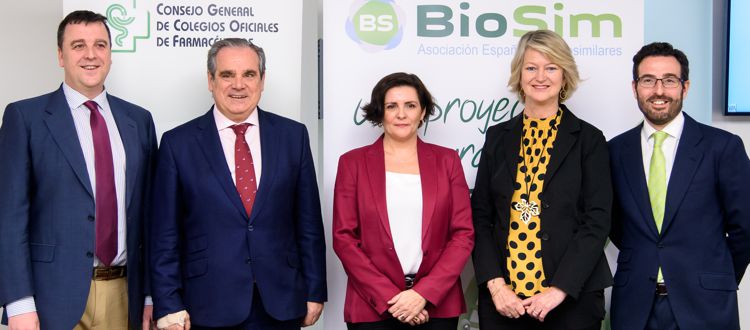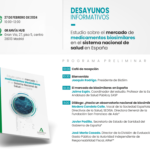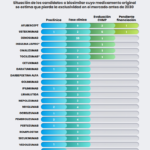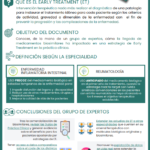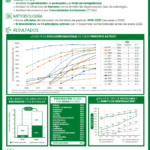- The General Council of Pharmacists and Biosim have presented today the "Guide to Biosimilars for Pharmacists", which reviews aspects such as the approval processes or the quality and safety of these drugs.
- The president of the General Council, offers the network of community pharmacies to dispense biosimilars, provided that their conditions of use allow it, and thus facilitate their access to patients
Madrid, February 25, 2019.- The intervention of the pharmacist is essential in the dispensing, monitoring and safety of biosimilar medicines. This has been one of the conclusions of the presentation of the "Guide to Biosimilars for Pharmacists", prepared by the General Council of Official Colleges of Pharmacists and Biosim. During the same they have intervened, Isabel Pineros, advisory member of the General Directorate of Basic Portfolio of Services of the SNS and Pharmacy of the Ministry of Health; the president of the General Council of Official Colleges of Pharmacists, Jesús Aguilar; the president of Biosim, Joaquín Rodrigo, and the coordinator of the Guide and doctor of Pharmacy, Francisco José Farfán.
Isabel Pineros, from the Ministry of Health, highlighted in her speech that "guaranteeing sustainability and efficiency is essential and therefore biosimilars must be a priority", although at the moment they only represent 1,8% of turnover but "there are margin to grow”, he acknowledged. In addition, she has positively valued the Guide presented that allows "providing information on these medicines to the professional, in this case the pharmacist, who is the greatest expert in the medicine".
Accessibility
The President of the General Council, Jesús Aguilar, has highlighted the value of the Guide "as a reference document for all pharmacists, both in pharmacies, hospital pharmacies or primary care, among others". He then warned that patient access to biosimilars is sometimes being limited for economic reasons, dispensing them in hospitals. Changing this situation is one of the priorities of the Council that will continue to work, regardless of the situation of political instability that delays decision-making, "so that whenever their conditions of use allow it, they are dispensed at the community pharmacy, thus improving the accessibility of patients to these drugs”, he stated.
For his part, Joaquín Rodrigo, president of Biosim, stated that his institution "works to strengthen the knowledge and trust that biosimilar medicines deserve." In this sense, he highlighted the role played by the pharmacist "who always works together with the patient and with other health professionals and is one of the essential pillars to improve the use of biosimilars to which we all aspire, and therefore a clear determinant of clinical improvements and for health sustainability to which they contribute”.
Security
Finally, the author of the Guide, Francisco José Farfán, recalled that currently "around 95% of biosimilars are prescribed and dispensed in hospitals, but there are probably more biosimilar medicines that are going to enter the pharmacy, Therefore, the role of pharmacists in both areas is essential. In the hospital pharmacy, the pharmacist has a fundamental task of scientific and technical support to doctors and patients”.
As for the Farfán community pharmacy, he pointed out that “the pharmacist advises and supports patients through his extensive knowledge of drugs, dosage, method of administration, detection of adverse effects and traceability, among other actions. These functions are essential to improve the levels of trust, safety and adherence of patients”.
Photo: from left to right: Francisco José Farfán, coordinator of the Guide and doctor of Pharmacy; Jesús Aguilar, President of the General Council of Official Colleges of Pharmacists; Isabel Pineros, advisory member of the General Directorate of Basic Portfolio of Services of the SNS and Pharmacy of the Ministry of Health; Regina Múzquiz, general director of Biosim and Joaquín Rodrigo, president of Biosim.
